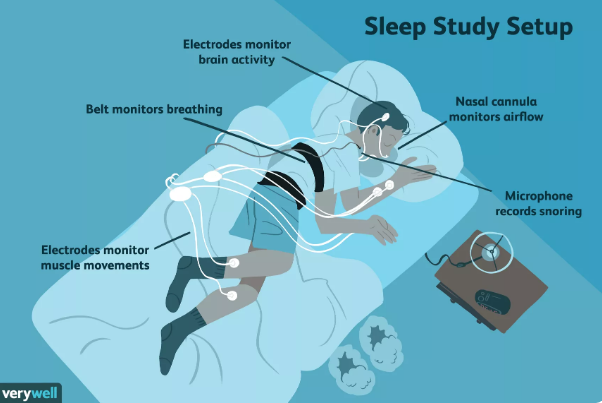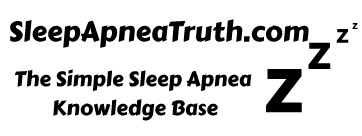If you’ve already given our previous article (signs and symptoms of sleep apnea) a read and notice that you are experiencing many of those signs symptoms, there is a good chance that you may in fact be a sufferer of sleep apnea. But what are the steps to actually getting diagnosed? They’re relatively simple, and we’ll cover them here.
Diagnosing Sleep Apnea: Getting Started
Talk to your doctor: Yeah, not many people like having to go to the doctor. But, if you want to start feeling better and shaking off the debilitating effects of sleep apnea on your life, then it’ll all start with a visit to the doctor’s office.
Tell your doctor about your symptoms, whether it be constant fatigue, waking up with headaches or whatever the case may be. “I think I might have sleep apnea.” At that point, the most difficult part will be just over the horizon.
Doing a Sleep Study: Typically, the major step in getting the official diagnosis for sleep apnea (or many other sleep conditions such as narcolepsy, restless leg syndrome and more), will be to participate in a sleep study. You’ll spend a night in bed at a medical facility, where you’ll be hooked up to a number of monitors. Your breathing, heart rate, blood oxygen, brainwaves and so on, will be analyzed through your sleep. Finally, you’ll be able to know for sure.
During your sleep study, your “events” will be monitored, including any interruptions (hypopnea) or stops (apnea) in breathing. How often and how severe these events are, will tell your doctor how bad your sleep apnea is (if you have it at all). If you experienced fewer than 5 of these events per hour, congratulations, you don’t have sleep apnea! These periodic events are normal in regular, healthy sleep. If you experienced 5 to 14 events per hour, you have mild sleep apnea. If you had 15-29 events per hour, you’re experiencing moderate sleep apnea. And finally, if you experienced greater than 30 of these events per hour, you have severe sleep apnea.

One Big Problem – Cost: If you have insurance, great! If not, or if your insurance isn’t going to cover a sleep study, it could cost you a whopping $3,000 out of pocket for your night at the sleep center! There’s no way to sugar coat it. This is extremely expensive, and cost-prohibitive to many people. Luckily, there does exist a really nice (and much cheaper) alternative that just might do the trick if a full sleep study is out of your budget, or if you’re just looking to save some money. Because aren’t we all?
Home Sleep Study: A Low-Cost Alternative?
In recent years, home sleep studies have become much more popular. At face value, one of their greatest aspects is how much cheaper they are than spending a night doing a full sleep study. However, home sleep studies have some major drawbacks. They are “good”, and they are “accurate”. But, that doesn’t tell the whole story.
“Home testing is a stripped-down version of what occurs in a lab-based sleep test. That may sound appealing to all patients, but home testing is just for people with a high probability of OSA who do not have other sleep disorders, such as restless legs syndrome or insomnia, or medical disorders, such as cardiac arrhythmias or heart failure” (Cleveland Clinic)
In other words, a home sleep study is great for patients who are almost sure to have obstructive sleep apnea, actually proving that they have the condition, and then using this to start CPAP treatment. For others, who may be experiencing similar symptoms but don’t have sleep apnea, these home tests are of little value.
Hopefully after all of that, you’ve finally gotten to the bottom of your problems with sleep apnea, or any other sleep disorder you may be experiencing. In the next article, we’ll discuss the many treatment options that exist for sleep apnea so that you can find out what works best for you and your diagnosis!
Sleep Apnea Articles And Resources:
Sleep Apnea Information (Introduction)
Signs and Symptoms of Sleep Apnea
Diagnosing Sleep Apnea: The Steps (You are here)
